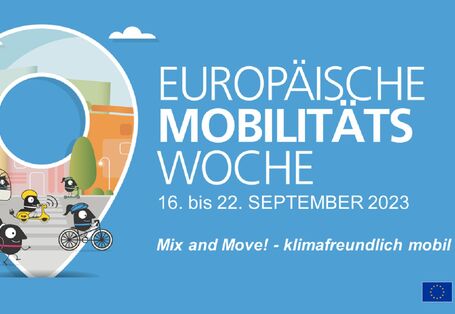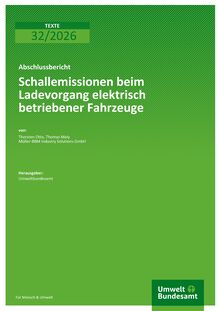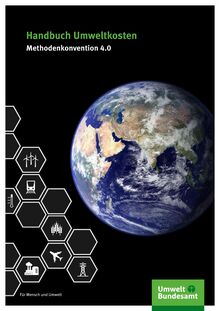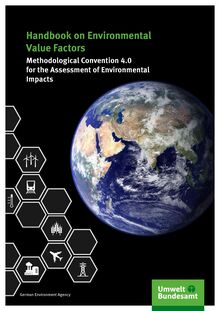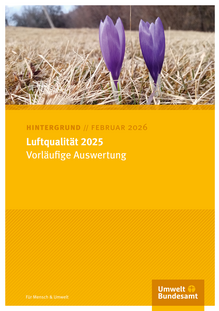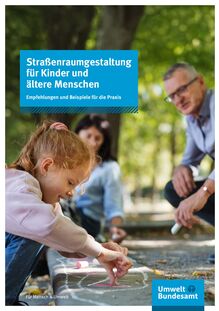Majority of Germans want to travel more sustainably – but do not act accordingly

Many Germans desire to travel sustainably, but this wish is hardly reflected in their actual travel behaviour up to now. This is shown by the new report from the demand monitor “Sustainability in Holiday Travel” by the Research Association for Holidays and Travel (FUR) together with the German Environment Agency (UBA).











